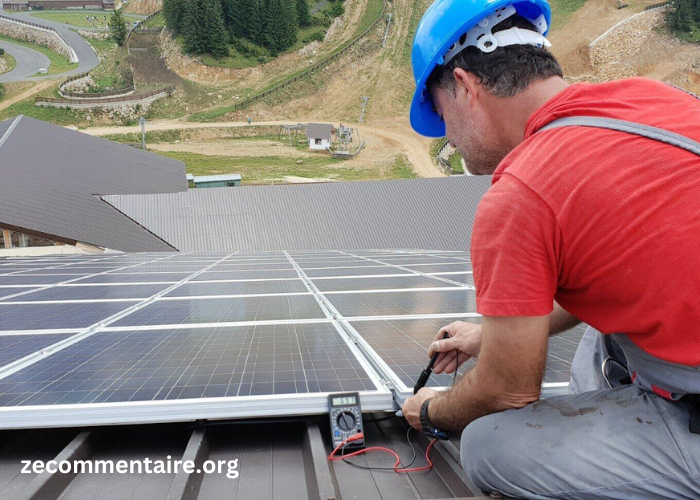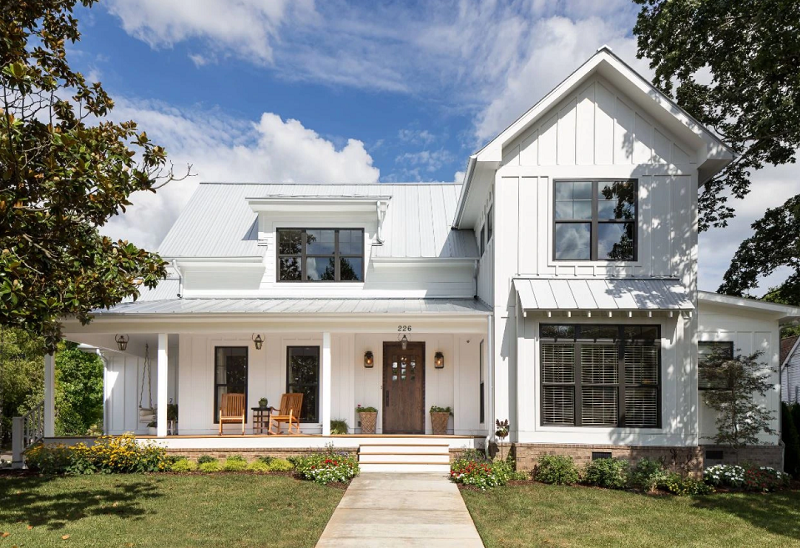Did you know that the global solar power market is projected to grow to $436.36 billion by 2032? This is due to the increasing demand for renewable energy sources.
If you are considering switching to solar energy, one great option is a whole home solar system. This system allows you to power your entire home with clean, sustainable home energy from the sun.
But with so many options available, how do you choose the right one for your family? Read on to discover key factors, from energy needs to budget-friendly options.
Your Energy Needs
The first step in choosing the right home solar system is to assess your energy needs. Take a look at your energy bills from the past year. Then determine how much electricity your household uses.
You will also need to consider any future changes in your energy consumption. This can include adding new appliances or expanding your family. This will help you determine how large of a system you need to meet your current and future energy needs.
System Size
Once you have determined your energy needs, it’s time to choose the right system size for your home. The size of a solar system is measured in kilowatts (kW) and is based on its capacity to generate electricity.
A general rule of thumb is that a 1 kW system can produce around 4-5 kWh per day. This depends on your location. So for example, if your household uses an average of 30 kWh per day, you would need a 6-7 kW solar system to meet your energy needs.
Type of Panels
The type of residential solar panels used in a whole home solar system also plays a critical role. The two main types are monocrystalline and polycrystalline panels.
Monocrystalline panels have a higher efficiency rate and work better in low-light conditions. However, they are more expensive than polycrystalline panels.
Polycrystalline panels are less efficient but more cost-effective. They also tend to work better in hotter climates.
Budget-Friendly Options
It’s important to consider your budget when choosing the right system. There are several budget-friendly options available, such as leasing or financing a system.
Leasing allows you to pay a monthly fee for the use of a solar system without any upfront costs. Financing involves taking out a loan to cover the cost of the system and paying it off over time.
You can also look into federal and state incentives, tax credits, and rebates. This is to help offset the initial cost of installing a solar system.
Installation and Maintenance
The installation and maintenance of a solar system are also important factors to consider. Make sure to choose a reputable and experienced installer. They should handle the entire process, from designing the system to obtaining necessary permits.
If you live in Indiana, consider checking the solar panel installers in Fort Wayne. They provide reliable and professional installation services.
It’s also crucial to understand the maintenance requirements of your chosen system. Solar panels require very little upkeep. But it’s still important to regularly clean them and check for any damage or malfunctions.
Selecting the Best Whole Home Solar System
Choosing the right whole home solar system for your family is a big decision. But by considering the factors discussed above, you can make an informed choice.
With the right solar system, you can reduce your carbon footprint and save money on your energy bills in the long run. So make the switch to solar today!
When considering the installation of a solar system, it’s essential to evaluate the specific needs of your location. For instance, residents in Grass Valley can benefit from the area’s abundant sunlight, making it an ideal spot for solar energy. By assessing local climate conditions and energy requirements, homeowners can select a system that maximizes efficiency and cost savings. Additionally, understanding local regulations and incentives can further enhance the benefits of transitioning to solar power. This tailored approach ensures that your investment in a solar system is both environmentally and economically sound, providing long-term benefits for your family.
Are you looking for more articles to help you out? Check out the rest of our blog for more information.





